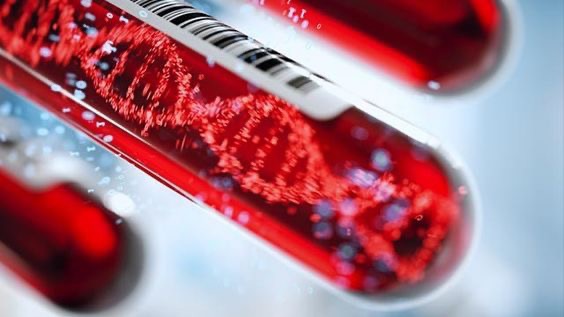Early Detection of Cancer
Early Detection Can Save Life and Prevent the Suffering and Cost of Treating Disease
Many cancers and other complex disease are detected late.
Late detection results in increased morbidity and death
Examples; liver, lung and gastric cancer
Current biomarkers lack sensitivity and specificity to detect disease early.
Available biomarkers and diagnostic methods are invasive; can’t be used for follow-up of healthy populations
Not applicable for follow up of large “healthy” populations that are at risk
EPILIVER a proprietary novel blood test for accurate early detection of liver cancer (HCC) using a BCD-next generation method.
Early detection of liver cancer
- Detects conversion of patients with chronic hepatitis or healthy controls to early stage liver cancer HCC
- Targets were clinically validated in studies in Yuan hospital in Beijing published in Clinical Epigenetics 2018. PCT world patent protection in national stage (US, Europe, Canada, Indonesia, India, Japan)
- Next generation sequencing assay fully optimized clinically tested
Why is early detection of liver cancer so important?
Liver cancer Hepatocellular Carcinoma (HCC) is the fifth most common cancer world-wide. It is particularly prevalent in Asia, and its occurrence is highest in areas where hepatitis B is prevalent. Hundreds of millions of people in Asia are at risk for developing liver cancer particularly people who suffer from liver disease, chronic liver inflammation high alcohol uptake. Follow up of high- risk populations such as chronic hepatitis patients and early diagnosis of transitions from chronic hepatitis to HCC would improve cure rates.
However, current diagnostic methods, which include imaging and immunoassays with single proteins such as alpha-fetoprotein often fail to diagnose HCC early (Flores & Marrero, 2014).
The main challenge is that solid tumors hide in internal organs and evolve long before they exhibit clinical symptoms.
A new way to detect tumor DNA in blood and determine that it is specifically liver cancer

The DNA that we have in every cell of our body is like a minicomputer that is managing our cells so that our body functions properly to perform all the tasks that are required throughout our lives. We inherit from our parents our DNA (the genes) which is the operating system of this minicomputer. We have the same DNA in every cell of our body. However, our DNA operates differently in different cells and different organs of our body. Like any computer, our DNA needs software to program it and we need different programs in different kinds of cells. Part of the programming is achieved by a chemical coating of DNA called DNA methylation. This programming, the software of our DNA is laid down when we develop in the womb of our mother. A very precise plan that evolved during evolution ensures a highly accurate DNA methylation program for each cell in our body so that all our organs function accurately. Like any software, a DNA methylation profile of a cell is a script. As a proper script guarantees proper functioning of an app, correct DNA methylation profiling guarantees proper function of our organs and thus, our health and well being.